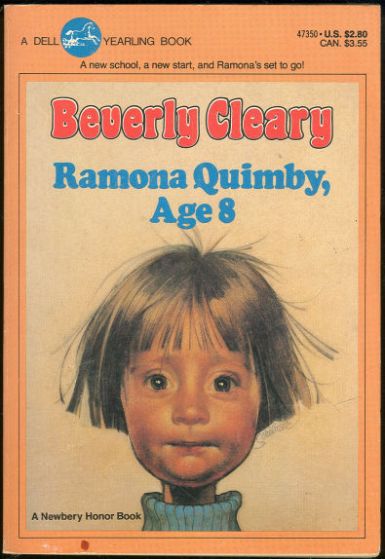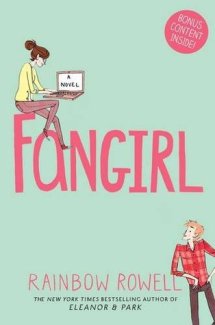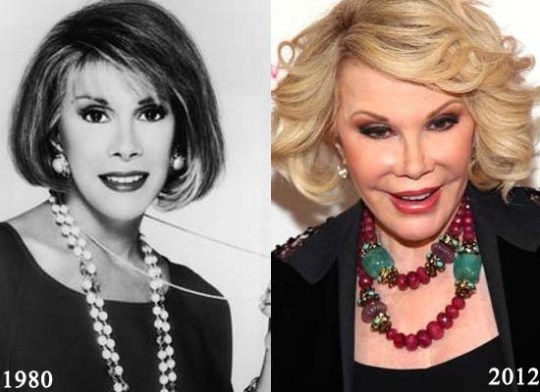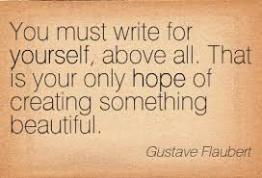I think the ever popular Nanowrimo (National Novel Writing Month, for all you noobs) and its sister event, Camp Nanowrimo produces a lot of shitty writing. I also happen to think that that is fantastic. Now, before you get all frazzled and prepare to comment sixteen reasons why your Nano writing doesn’t suck, hear me out.
When I was fifteen, I wrote a book from damn near start to finish. That’s pretty awesome for a kid in the tenth grade who took on extracurriculars like an addict to coke. For a while after that, I found myself starting projects and not being able to finish them. One after another, I’d give up and toss my material out because, well, frankly, it was godawful, and I knew it. It’s only been recently that I’ve been able to push through to the end of projects satisfied with myself.
So what happened? What was the difference between five years ago and now?
The difference is this: at fifteen, I actually thought I was a good writer. Oh, not just good, I thought I was bloody fantastic, the next Margaret Atwood right out of high school. Then, when I wrote things, I just shot them out as they happened in my brain, and to me, whatever I put to paper was pure gold. King Midas with a laptop, yo.
Now, jump ahead three years, multiple small town publications and a glowing review from my local university’s writer-in-residence. I had gained a single, valuable piece of knowledge that changed the way I wrote astronomically. One day, as I sat in a creative writing class with thirteen or so other “great writers,” I discovered that I wasn’t nearly as much of a prodigy as I thought I was. It was simultaneously the best and the worst thing that has ever happened to my work.
It was the worst thing for a few reasons. I got it at the wrong time, for one. An eighteen year old kid with self-esteem issues to begin with isn’t going to like realizing that one of the things she thought didn’t suck about herself, kind of, well sucked. I started second guessing everything I wrote, unable to string three words together without deleting and rewriting them in different variations six more times; I wanted everything to be perfect, bringing out the editing pen before I’d even gotten the story down. Secondly, I don’t think I was at the point where I could understand that sucking is just another stepping stone to being freaking awesome at something.
After the revelation, I spent another year and a half starting projects and not finishing them, scrutinizing my work paragraph by paragraph as I trudged along, never making any progress (or so I thought) and then getting tired or bored and giving up.
—
It was the best thing, because it allowed me to eventually understand that everyone sucks at writing when they first start a story. And I have Kate DiCamillo to thank for that.
If you don’t remember who that is, DiCamillo is the author of one of the staple books of my elementary school years: Because of Winn Dixie. It’s a pretty good book, but we only know that it’s good because we just get to see the heavily revised, beautiful final manuscript that the author brought forth with all of the brain power she could muster. I don’t know if you’ll believe me, but let me prove it to you; the first draft of that book was an absolute turd pie.
One day, I was messing around on the internet, and I came across a document from Scholastic Books comparing the first pages of the many drafts of Winn Dixie, and I couldn’t believe my eyes when I read this monster:
Welcome to draft one of a John Newbery Medal Winner. It’s a jumbled mess of choppy sentences and poor word choice, and yet it was exactly where it needed to be at that moment. Without that initial vomiting of ideas and bits of dialogue, the author would have a pretty difficult time forming a story. It’s like trying to cram for a Chemistry exam, but focusing carefully on every little chapter instead of the bigger picture. By the time you get to the end, you’re bound to forget half of the things you shoved into your brain from the first six units, and you can’t even do the seventh unit, because you can’t get the base knowledge to finish a titration equation anyway.
I’ve run into this problem so many times: I’ll get a semi-rough first chapter down, and I’ll have all of these awesome ideas that seem to work perfectly with it. Except, I waste three days chipping away until that first chapter is exactly how I want it, telling my ideas to hush, and be patient and please hold on for another twenty freaking minutes and I’ll write you down, okay? By the time I’m ready to move on, the ideas have gone stale, and I’m left with what I’m assuming is the writer’s version of blue balls.
I’ve got this beautiful first chapter, and nowhere to put it.
The “shitty first draft,” as Anne Lamott calls it, is important. It’s not about proper grammar or flawless plot lines. It’s about spewing out everything you need to create the fantasta-crazy-beautiful story living in your imagination. You can’t carve a bust without stone, and as a writer, sorry to tell you, but that lumpy grey slab has got to come from your brain. So bring it up.
This brings me back to Nanowrimo, and why I love it and its awful story creating so much. Above anything else, this hectic push to fire out 50,000 words in thirty or so days has taught me to be okay with my shitty draft, mainly because I don’t have time to fart around and make everything look pretty. Not if I want to keep on track, anyway. And if you’ve committed to Nano and actually told people you were doing it (stupid,stupid, idea, that one), your ego automatically requires you to finish. So, for sanity’s sake, you’ve got to try and keep a constant flow of words, even if you can’t think of the right title for your super spy organization, and have to call it “lkasjdfhlasd” for the first three weeks. Believe me, it’s no fun having to catch up on a four thousand word deficit on top of your daily 2000 word goal at two am. So skjfhdj webrksjd gasudi away, friends.
Thanks to Nano, writers with all of the potential in the world are forced to bite the bullet, stomp on the muzzle of that reptilian critic in their brains, and tell the damn story, already. Nano is about producing material; if it were about making things perfect, it would be National Novel Writing Year.
So, aspiring authors, regardless of whether you choose to participate in Nanowrimo or not, learn to love your bad work, because your bad work is still material, and it still, from time to time, produces lumps of absolute genius. But you can’t make material pretty if it isn’t there to work with in the first place, ya feel me? Spew first. Shoot it all out. Build a routine and stick to it; keep your momentum up. And then, only when you’re sure there isn’t a story left to tell, then you can attack it with a jackhammer.
I shall leave you with a mantra, courtesy of Ernest Hemingway: “The first draft of anything is shit.”
Repeat after me: “The first draft of anything is shit.”
Now go write shitty novels so you can make them bestsellers, you wonderful creatures.
Once more for good measure.




























